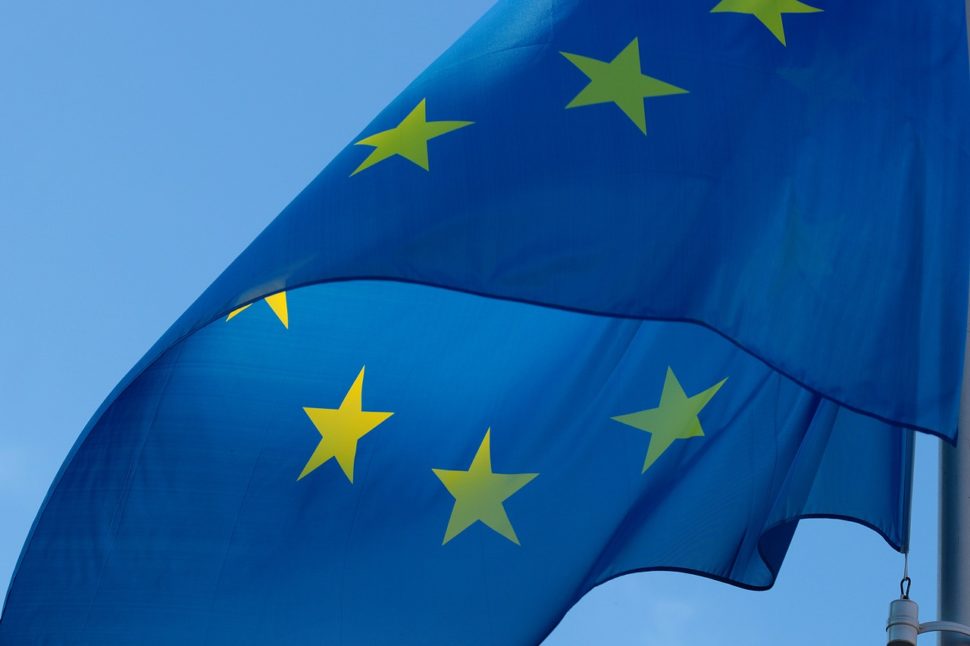Cellular networks have come a long way in just a few short years.
After َthe first generation launched in Japan in 1979, we’re now on the verge of 5G technology.
In the U.S, 5G will begin testing this April by Verizon.
The European Commission’s roadmap also set 2020 as the target date to make 5G commercially available.
But China’s rising capabilities in 5G hardware and software is raising concerns in Europe, the U.S. and elsewhere in the world.
Europe’s ban on Chinese 5G
Chinese telecom companies, with Huawei as the largest telecom equipment manufacturer in the world, have a technological lead and considerable resources to deploy wireless networks all over the world.
Other countries fear that China has a strategy to dominate data management in the world that serves a political agenda. According to these allegations, Chinese telecom firms purposely put backdoors into its systems to conduct espionage. American federal prosecutors have launched a criminal probe into accusations that Huawei stole intellectual property material.
The U.S., Canada, Australia, Taiwan, Italy, and several other countries have banned or are considering banning Chinese 5G equipment management systems.
Now, Members of the European Parliament have adopted an EU Cybersecurity Act that:
“Establishes the first EU-wide cybersecurity certification scheme to ensure that certified products, processes and services sold in EU countries meet cybersecurity standards.”
In addition to the Cybersecurity Act, the European Parliament has also adopted a resolution calling for “action at EU level on the security threats linked to China’s growing technological presence in the EU.”
MEPs said they’re deeply concerned about the backdoors in 5G equipment that allow Chinese manufacturers and the Chinese government to have unauthorized access to confidential data and telecommunications in the EU.
As examples of counter-measures, MEPs recommend diversifying equipment suppliers, introducing multi-phase procurement processes, and reducing Europe’s dependence on foreign tech.
They also call for a new certification scheme to ensure 5G network rollouts meet the highest cybersecurity standards.
Read More: 30 Years Later, Tim Berners Lee is Unhappy With the Web
According to Europe’s largest telecom company Deutsche Telekom, a ban on Huawei’s equipment in Europe would delay the rollout of 5G networks by up to two years.
Finally breaking a long silence, Huawei’s founder Ren Zhengfei dismissed the U.S. accusations that his company works on behalf of the Chinese government to spy on Western countries.
Meng Wanzhou, Ren’s daughter and Huawei chief financial officer, is currently in Canada fighting extradition to the U.S. over allegations of bank fraud.



















Should we worry when a nation develop hybrid technology for advancement?